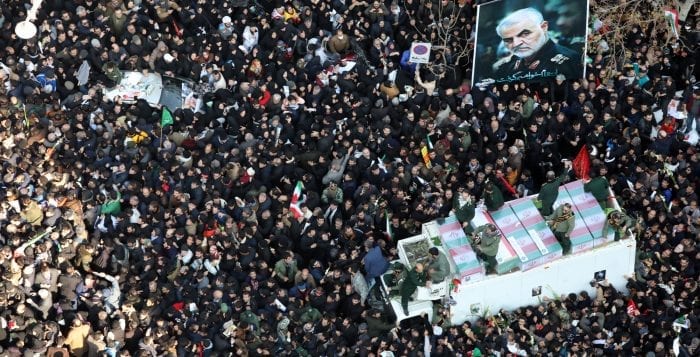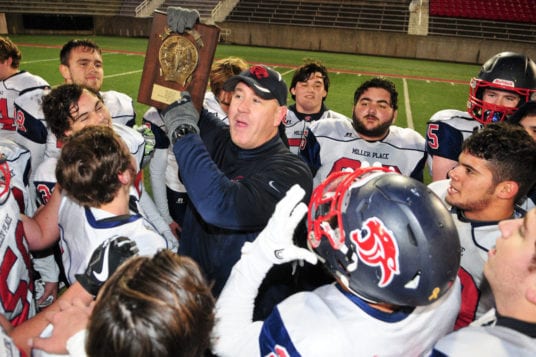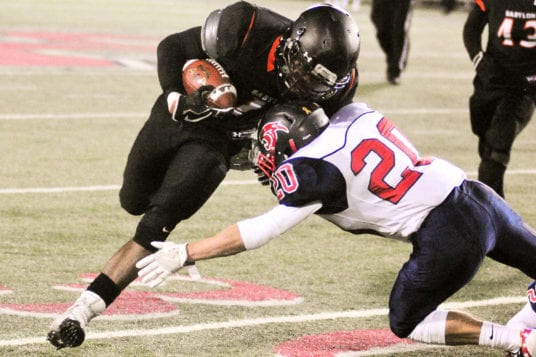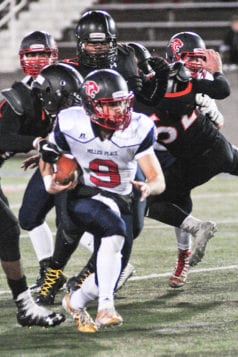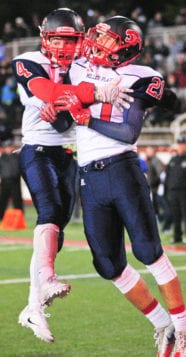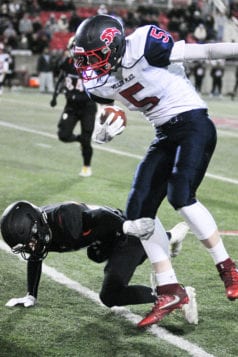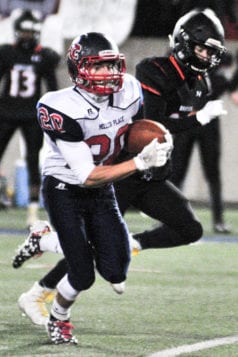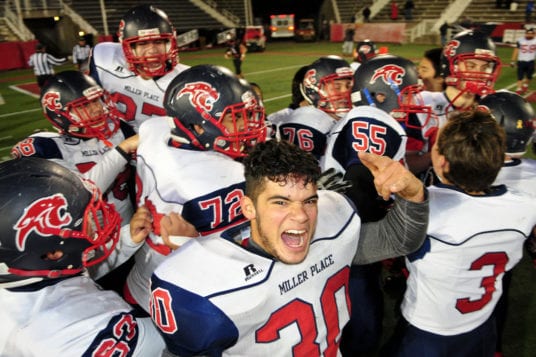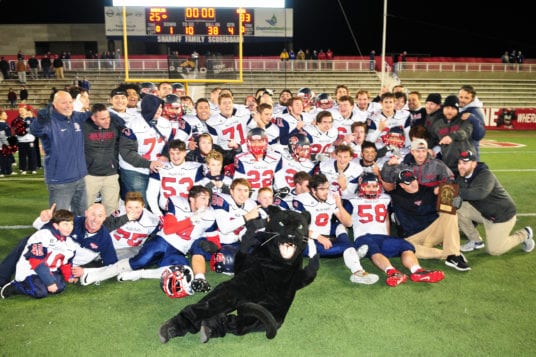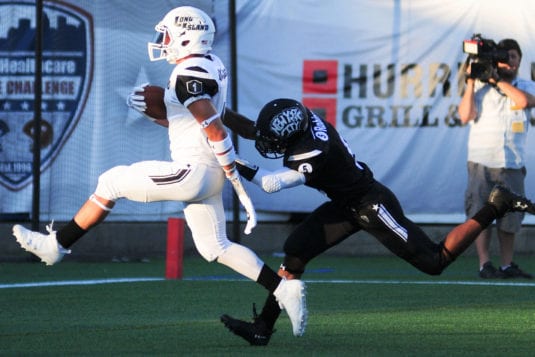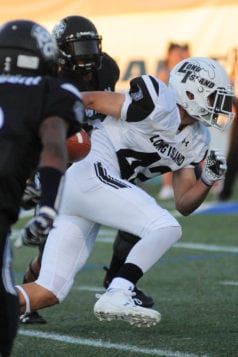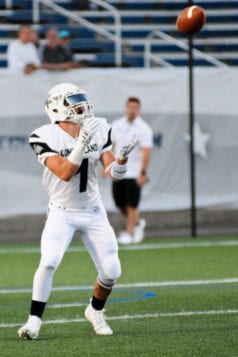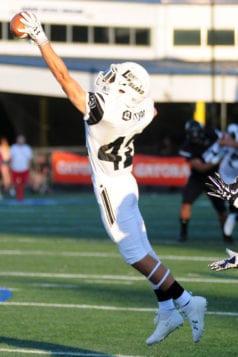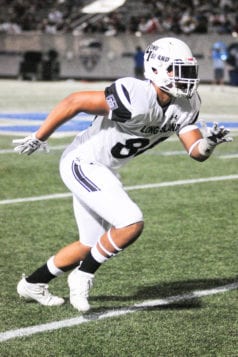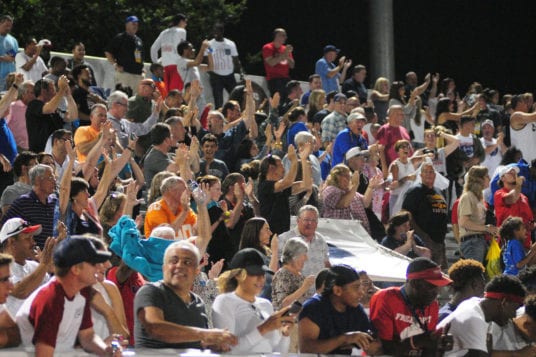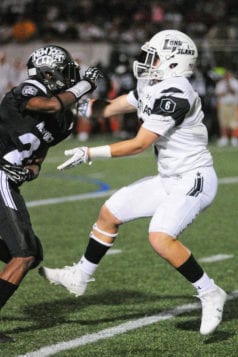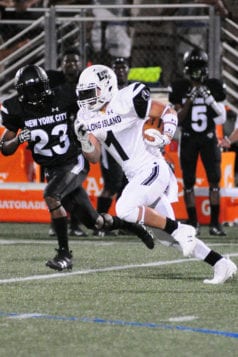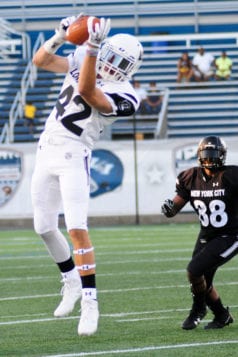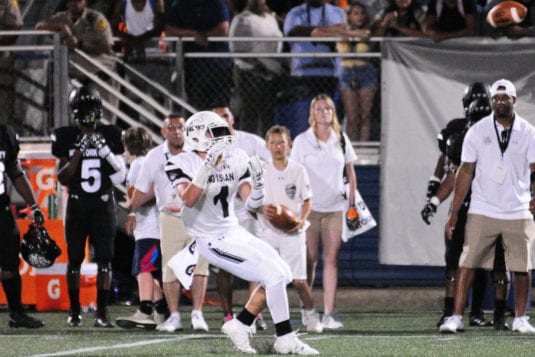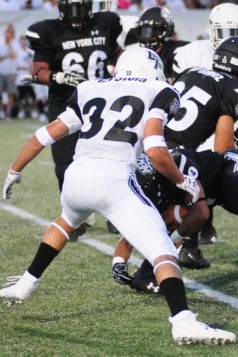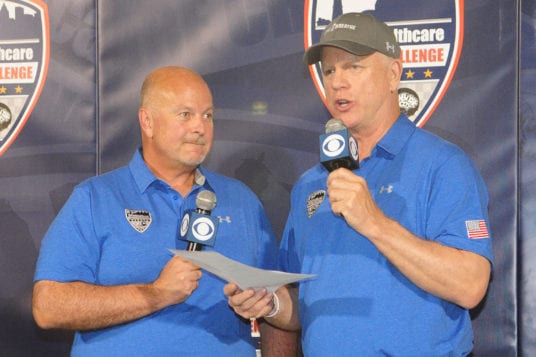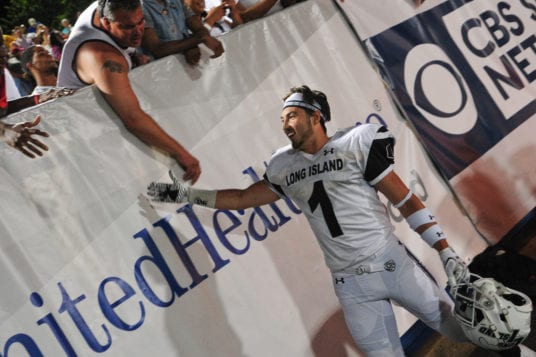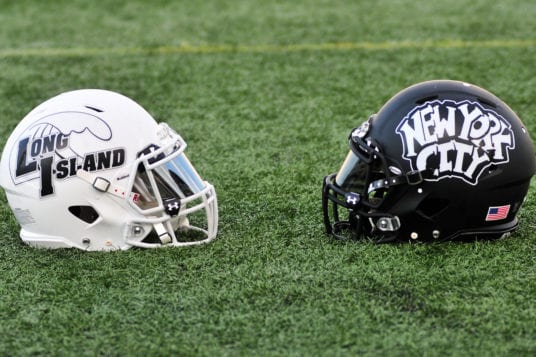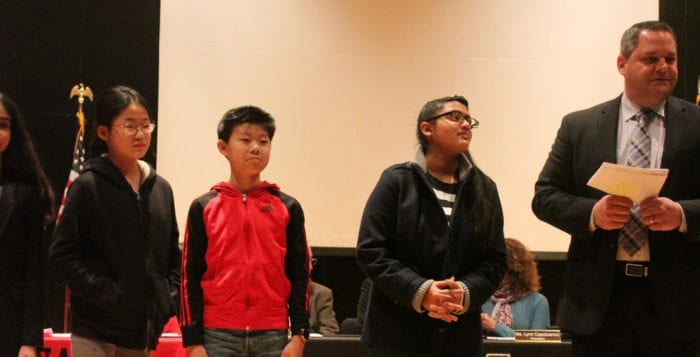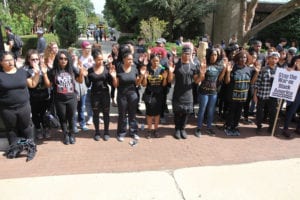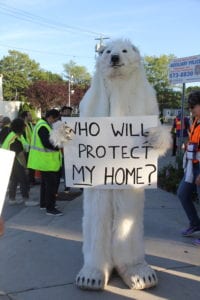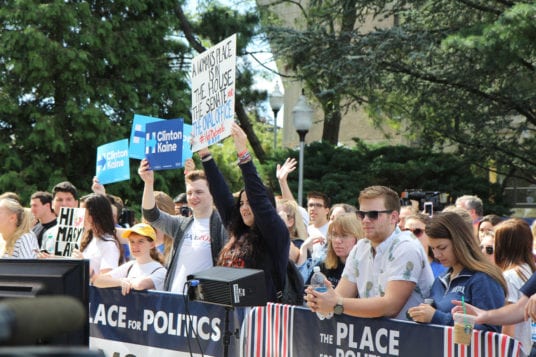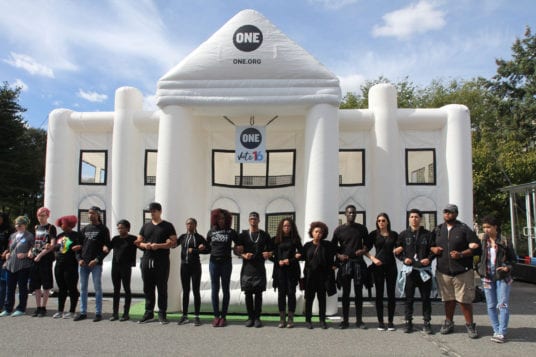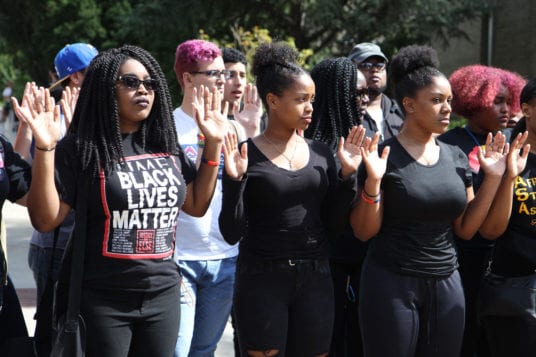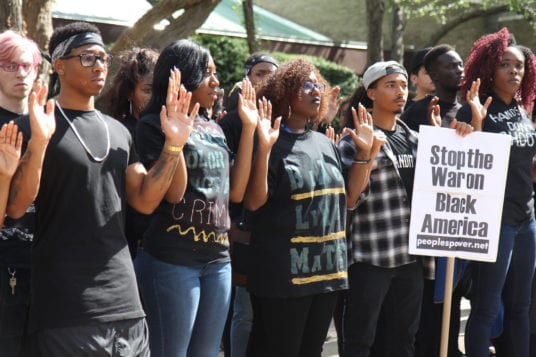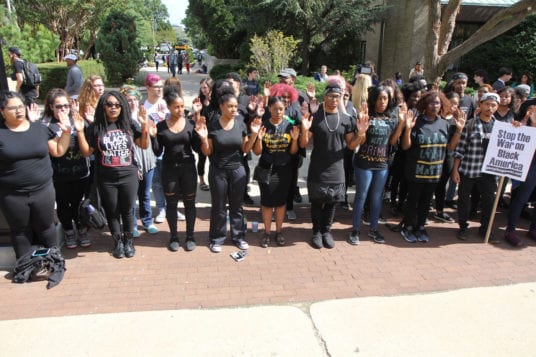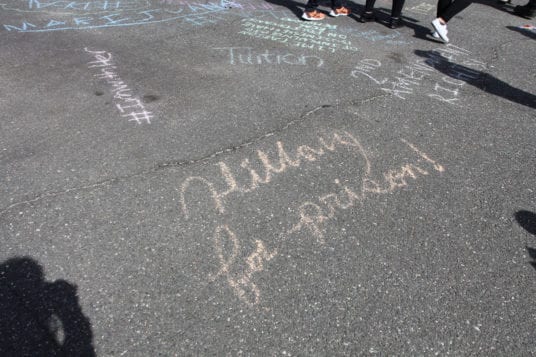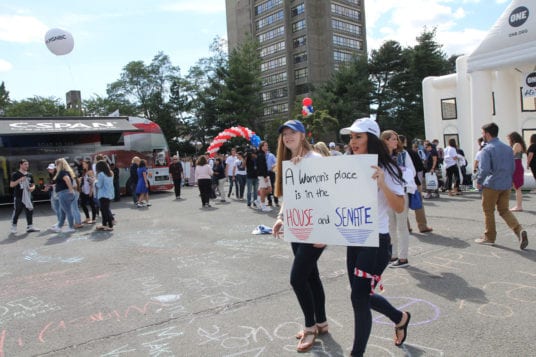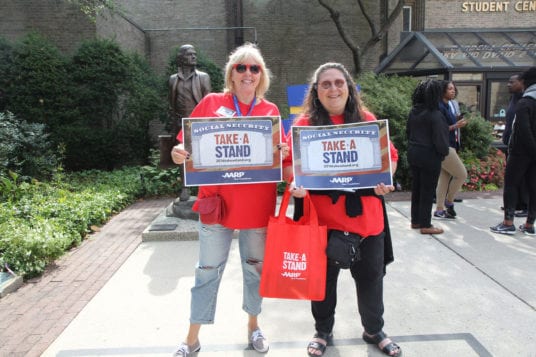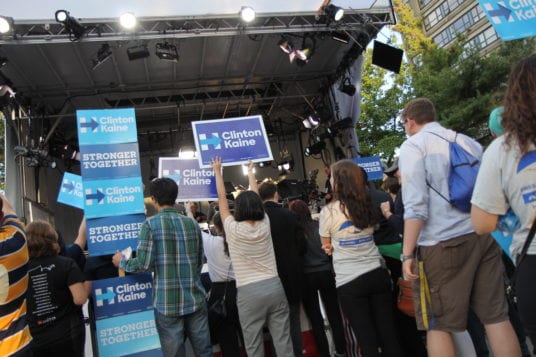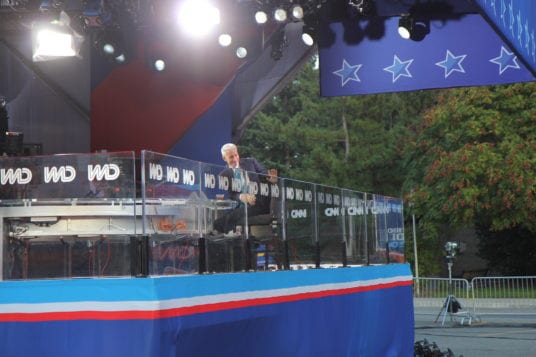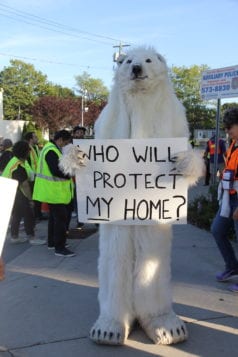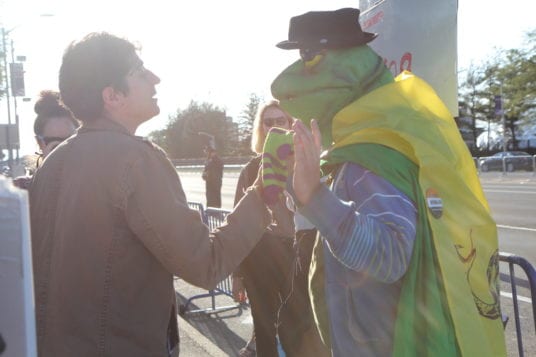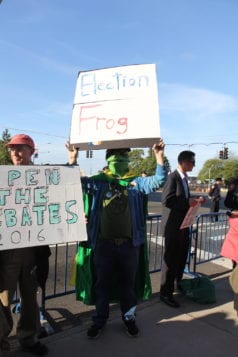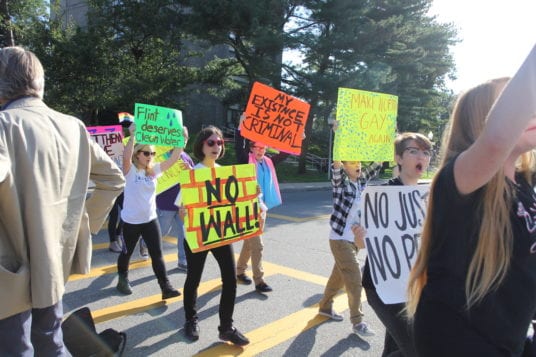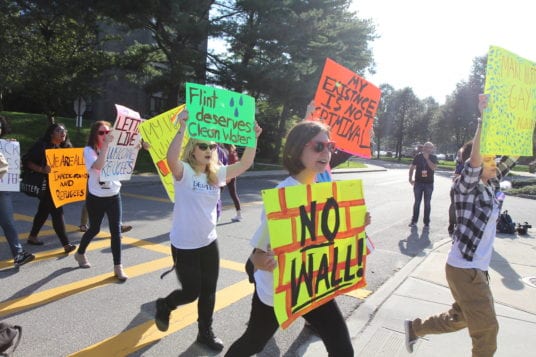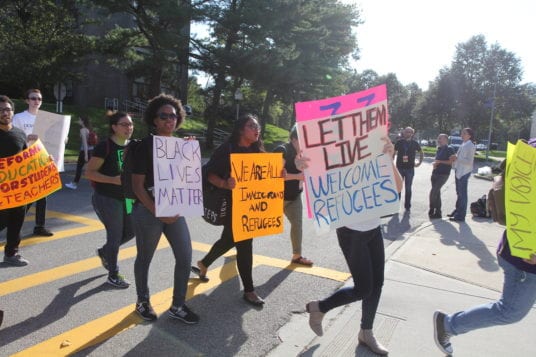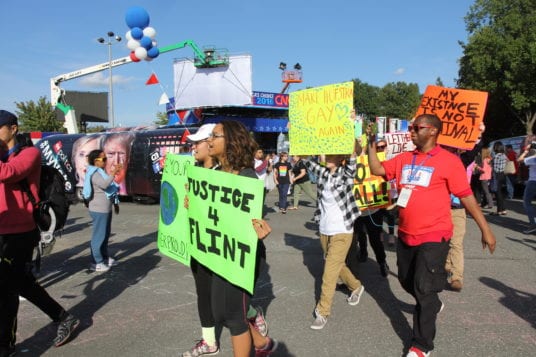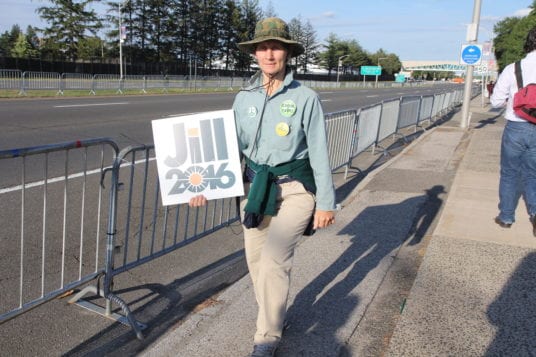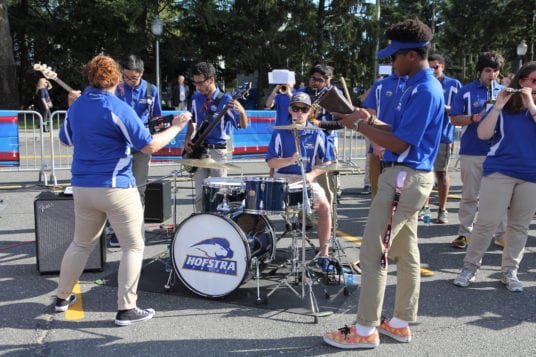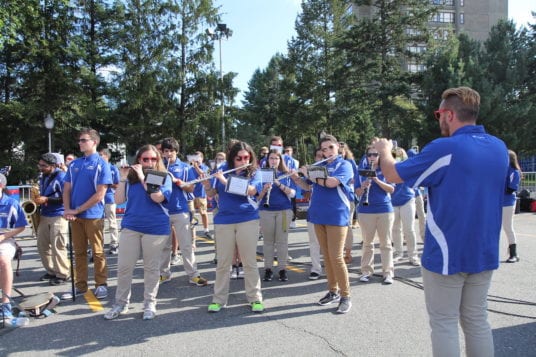By David Luces and Kyle Barr
The assassination of Iranian Maj. Gen. Qassim Suleimani in a U.S. airstrike in Iraq three days into the new year sent shock waves nationally and globally. In response, Iran has threatened to retaliate.
For people on the North Shore, it has meant a period of uncertainty and anxiety. As the fallout from the attack continues to make headlines, locals are left wondering what will be the outcome to the posturing and threats from both the U.S. and Iran.
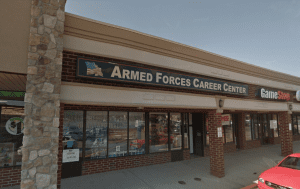
Bernard Firestone, a professor of Political Science at Hofstra University, said there has already been conflict between the two nations, including Ayatollah Ali Khamenei ordering attacks on American military targets directly, rather than through allied militias, as it has done so in the past.
On Tuesday, Jan. 7, Iran launched missiles at two separate U.S. military bases in Iraq, though officials said there were no American or Iraqi casualties. National newspapers reported the Iranian foreign minister said they had “concluded” attacks on American forces, adding they would step back from escalating into a war.
That does not mean that tensions between the two nations have stabilized, nor that there is the possibility for further contention down the road. On Wednesday, President Donald Trump (R) called on other western countries, who have largely condemned the Iranian rocket attacks, to defy Iran, and announced his intent to install new sanctions on the country.
“Over the past two weeks the U.S. has responded more forcefully to attacks by Iraqi militia allied with Iran, including the killing of Soleimani,” Firestone said. “So, we are already in armed conflict with Iran.”
Paul Fritz, an associate professor of Political Science from Hofstra, said the missile strikes were a “somewhat surprising” escalation of hostilities, and appear to be a direct challenge to the U.S. military, and a further escalation of strong rhetoric.
“The Iranian regime can’t be seen as folding to an outside power with an attack like last week and decided it had to do something big to maintain legitimacy, given strong nationalistic feelings following the killing of Soleimani,” he said.
Fritz said there is always a chance, however small, that armed conflict can spark between the two countries, most likely through an unsanctioned expression of military force that escalates into a full-scale war. America’s past wars against Spain and its entrance into World War I started much in that way, specifically when Spain and Germany attacked ships, killing American civilians, though of course there are differences today.
“When the rhetoric is sometimes over the top, what that can do to the other side is the Iranian regime has to respond in kind,” Fritz said.
At home, planning also begun, but for potential attacks to the U.S., New York City Mayor Bill de Blasio and city police announced they would be going on high alert Jan. 3 fearing any kind of retaliation from Iran.
The Suffolk County Police Department said in a statement that it has a robust and long-standing homeland security program, which now includes our SCPD Shield program in partnership with NYPD Shield. They also said there is currently no credible threat to Suffolk County.
With the U.S. military at a state of readiness, local recruiting centers on the North Shore said they couldn’t comment to the media about whether they are seeing any change in recruitment numbers.
‘We are already in armed conflict with Iran’
— Bernard Firestone
Lisa Ferguson, chief of media relations for the U.S. Army Recruiting Command, said they have not seen much of a difference.
“At this point we have not seen an impact on our ability to recruit, and too many variables exist to draw a comparison to previous situations,” she said.
The days after the Iranian general’s death have been a roller coaster. Residents opinions are split over whether Suleimani’s killing was a necessary act, or a way of painting a target on America’s back.
“I think it was a necessary evil,” said Lake Grove resident Patrick Finnerty. “The man [Suleimani ] was threatening people, threatening us.”
During a 2019 Veterans Day ceremony in Greenlawn, Lenny Salvo, a Vietnam War veteran had one message he wanted the public to know: “Stop war.”
“For me it’s not about politics,” he said. “All I see is the harm that it is going to do to people.”
In the days that have now passed, with tensions escalating and Iran potentially returning to build nuclear bombs, Salvo said his position has changed. He said he’s supporting the president.
“If there’s going to be a conflict, it’s better now [than when they have a nuclear weapon],” he said.
Groups nationwide are already planning
protests. On Jan. 9 at 3:30 p.m., the North Country Peace Group is planning a protest at the corner of Route 112 and Route 347 in Port Jefferson Station against any further war in the Middle East.
If anything, the threat of attack to New York has stirred harrowing memories of 9/11. Almost 20 years later, the memory of that day’s events has filtered down into the blood of those who witnessed it.
Port Jefferson Village mayor, Margot Garant, shared memories of that fateful day at the village meeting Jan. 6. On Sept. 11, 2001, the trains were down, cars jammed the highways and the Bridgeport to Port Jefferson ferry was one of the very few means for people to get off the Island.
Garant said she remembered cars backed up all the way up East Broadway and beyond for days. At the meeting, she said she will speak with code enforcement and the fire department in case any such crisis should happen again.
“It could be a chemical weapon, it could be a bomb, so many things could happen,” the mayor said. “If I’m not thinking about that, I would be negligent … you have a number of people saying they want to take revenge — that’s not normal — you’ve got to be prepared.”
The fear of home terrorism isn’t unfounded, though the experts said any kind of terrorism linked directly to Iran could provoke a full-scale war, something they don’t want. Firestone said that if there were to be terrorist-type attacks, it will more likely be launched at allied or American targets in the home region.
‘The Iranian regime can’t be seen as folding to an outside power with an attack like last week and decided it had to do something big to maintain legitimacy.’
— Paul Fritz
Though statistics say one is more likely to get struck by lightning than be involved in a terrorist attack, people from New York City and Long Islanders have a unique view and anxiety about any such attack.
After the birth of ISIS in Iraq and Syria, the western world saw a slew of what was considered “lone wolf” terrorists, or people who conduct violence without the direct support and resources of any one group.
These, Fritz said, are less likely in this case, since there is no one specific ideology such as seen with ISIS calling for such attacks.
Much depends on what Iran’s next step will be, experts said, and though a full-scale conflict is unlikely, Fritz said it begets people to be informed and to ask questions of one’s local elected representatives.
“Stay informed, but don’t turn this into something all-consuming,” he said.
Leah Chiappino, Rita J. Egan and Donna Deedy all contributed reporting.

